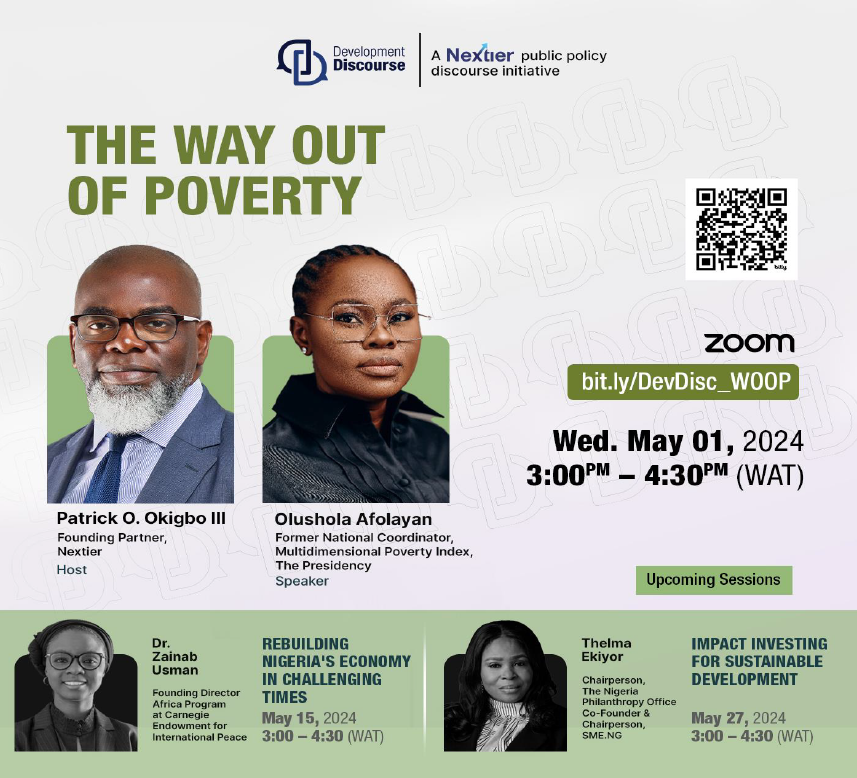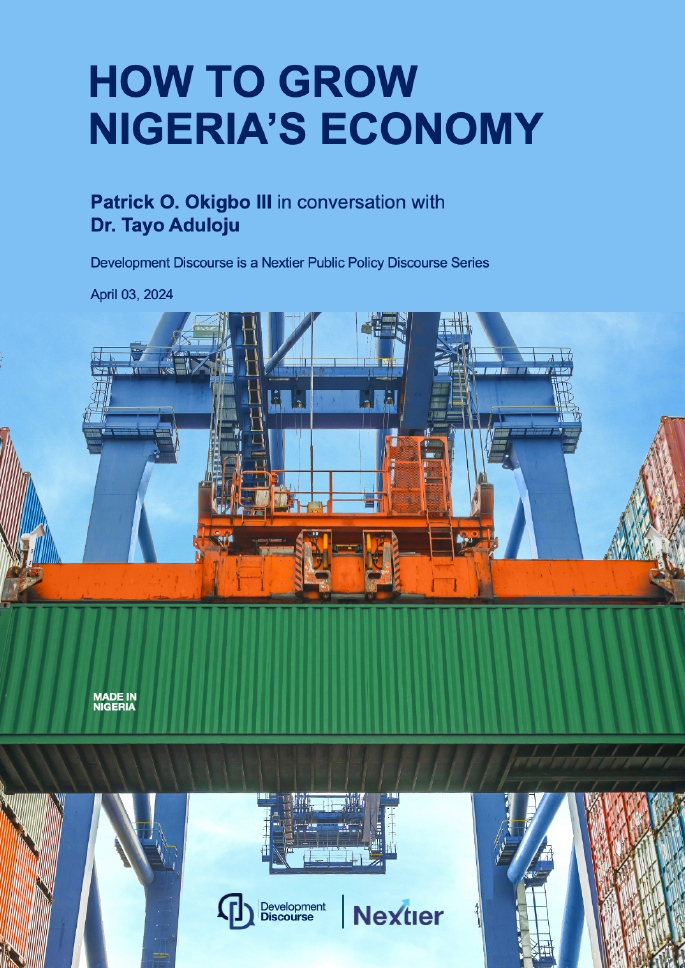Several factors explain Africa’s inability to achieve sustained development. One such reason is its failure to implement reforms effectively. Various scholars attempt to explain this challenge. Guillermo O’Donnell focuses on the power calculus in the public policy process. Daron Acemoglu and James Robinson situate theirs on institutions. William Easterly looks at the day-to-day policy management process. Ngozi Okonjo-Iweala documented the challenges of “reforming the unreformable.”
Scholarship on this issue has yet to examine the relationship between the political elite and senior bureaucrats in policymaking and its impact on state performance. How has the shifting political culture in Nigeria’s various governance epochs impacted performance? How does power distribution amongst the various actors (political elite, senior bureaucrats, civil society actors, donor agencies, the military and security services) influence policy choice and implementation? Where did Nigeria lose the plot, and what’s the pathway to development?
In his 2024 book, “Power, Politics, the Public Policy Process and Performance,” Prof. Pat Utomi produces a framework that explains the relationship between high-level career public servants and politically elected or appointed officials in formulating public policy. The framework critically analyses the conditions under which national bureaucracies might influence the structure and the content of policymaking at the national level.
Join Prof. Pat Utomi and Patrick O. Okigbo III to explore this framework and how it can enable Nigeria (indeed, Africa) to improve the probability of success of their reforms.
Click here to register:
Title: HOW REFORMS SUCCEED OR FAIL
Date: Wednesday, February 07, 2024
Time: 15:00 – 16:30 (WAT)
Register here



